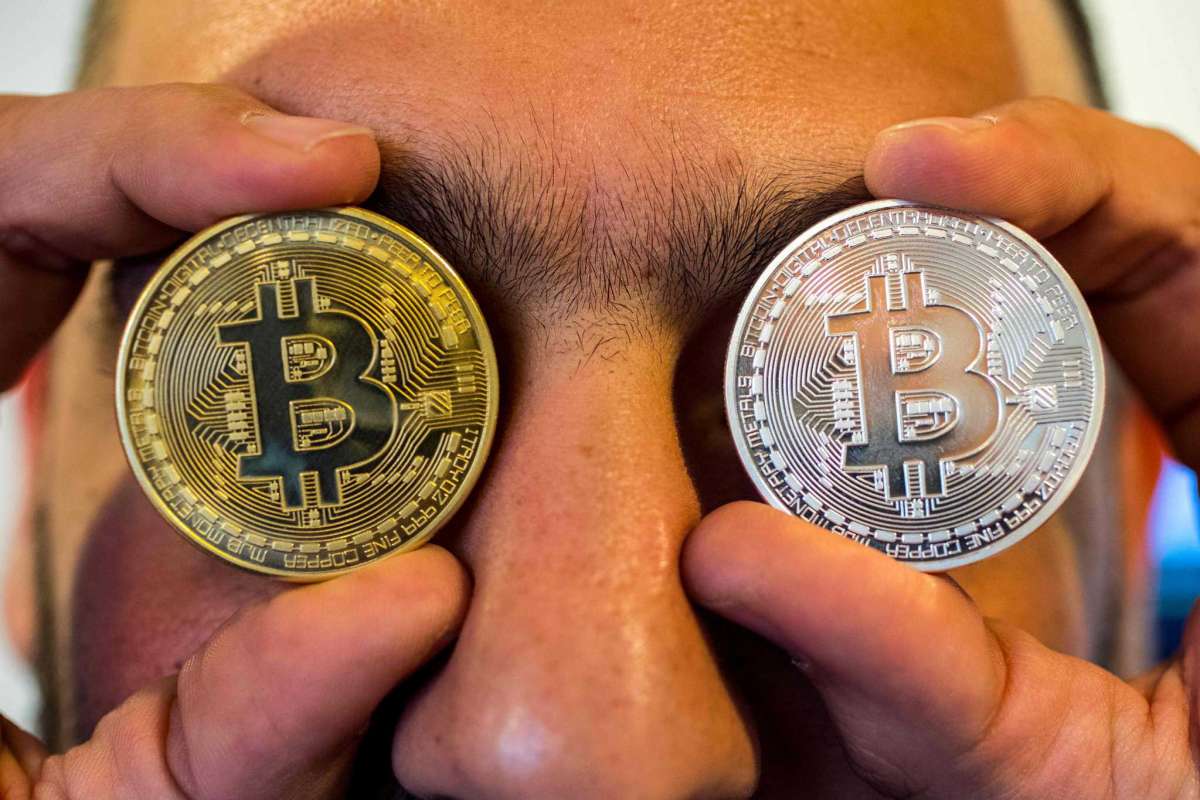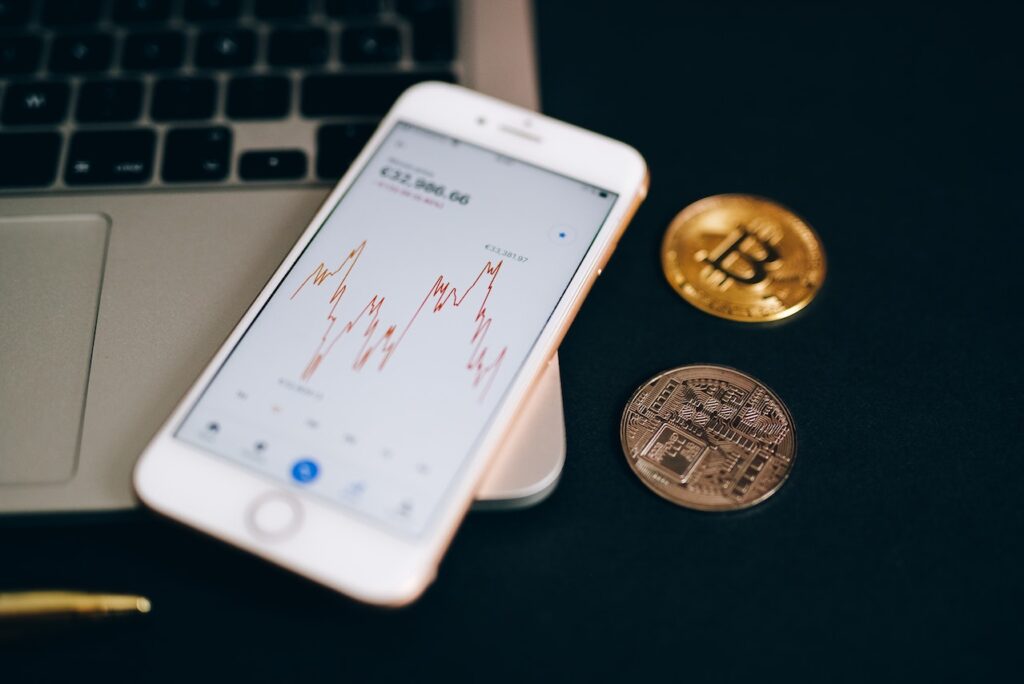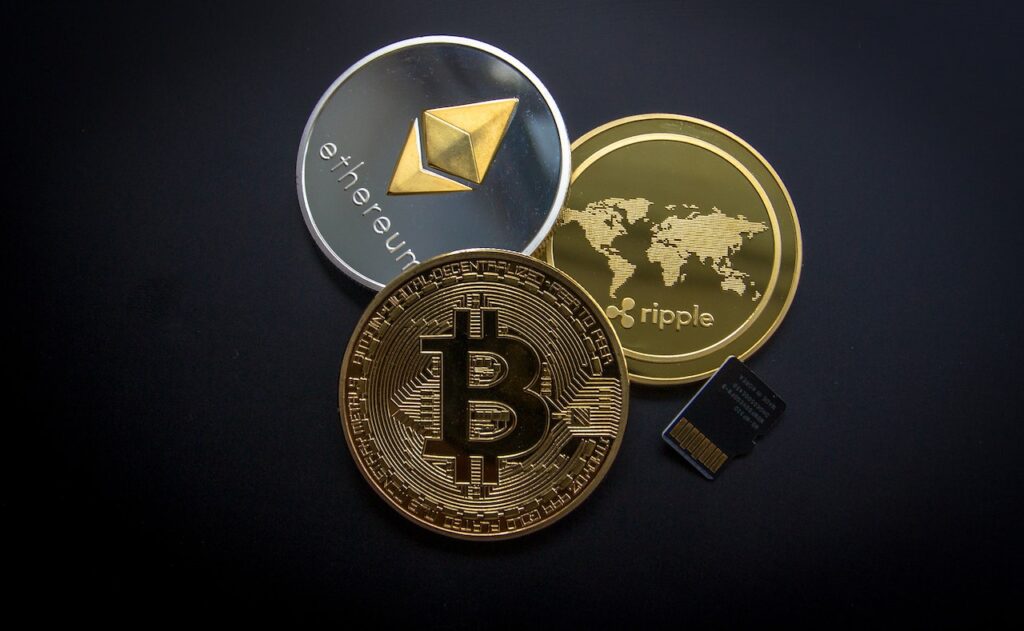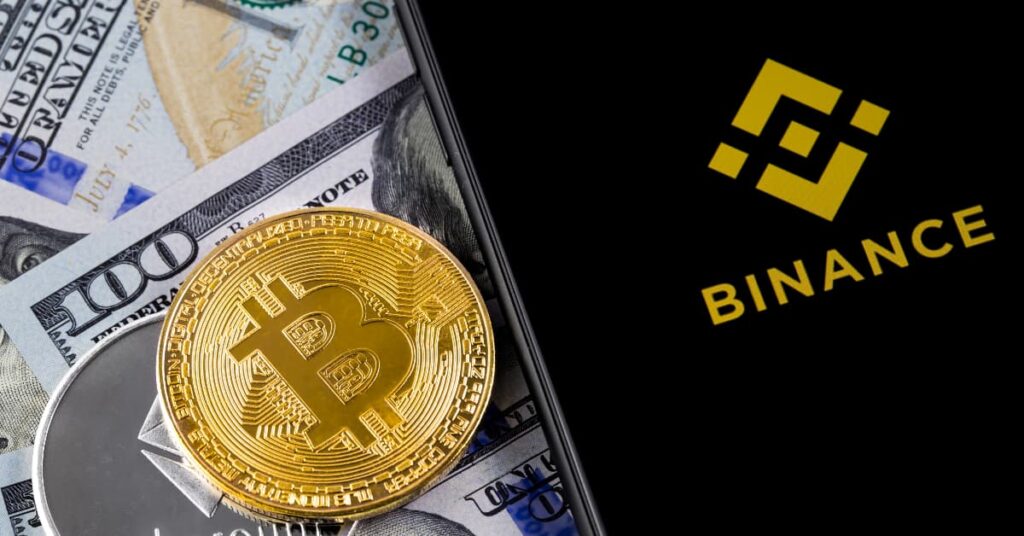If you’ve been thinking about investing in bitcoin, you’ve likely heard a lot of different things. You’ve probably heard that it’s an expensive Ponzi scheme, that it’s volatile, and that it’s anonymous. And you’ve probably heard about how it has high transaction fees. These are just some of the things that have caused people to dismiss it.
It’s a Ponzi scheme
Bitcoin is a controversial cryptocurrency. Some people consider it a scam and are hesitant to invest. Some have compared it to the 17th-century Dutch tulip craze, and others say it is similar to a Ponzi scheme. Others, like hedge fund manager John Paulson, have made millions by shorting subprime mortgages. But no matter how you slice it, the real value of Bitcoin comes from people trading it for goods and services.
The rise of Bitcoin has been accompanied by a flurry of scams. These scams ply people with flashy offers. They use photoshopped bank profiles and direct messages to lure people to send them money. Videos of these scammers have gone viral, showing them flashing expensive cars and huge amounts of cash. Once the victims send their money, they disappear.
Scammers often impersonate well-known companies. They might pretend to be from Amazon, Microsoft, FedEx, or your bank. They might send you messages on social media or even install a pop-up alert on your computer. They may ask you to send them crypto to fix your account. Then they will sell you the crypto for pocket profit.
It’s expensive
Despite the hype surrounding bitcoin, many people still don’t know much about it. This includes people who believe that the cryptocurrency is a scam. There’s no doubt that the digital currency has potential for profit, but a lot of people are skeptical about its potential to work in the real world. This is particularly true when it comes to the risks associated with it. There are many stories of scams and fraud, from the WannaCry ransomware to the Silk Road. Many bitcoin exchanges have also been victims of spectacular heists and frauds. There are also stories of remote hacking, where individuals commandeer computers to mine bitcoins.
While the risks of a scam are relatively low, they still exist. First of all, cryptocurrency creates an externality on the rest of us – it wastes resources. Bitcoin is so computationally intensive that creating a single bitcoin uses as much electricity as a nation uses in two years. This means that bitcoin is unlikely to become a significant part of global commerce anytime soon, and it will divert scarce power away from more useful purposes.
It’s volatile
Bitcoin is a relatively new asset class, but it is rapidly becoming a popular investment vehicle for individuals. Although some people may question the legitimacy of bitcoin, the fact is that it is a legitimate investment option. Moreover, there is an emerging community of altcoins, which are gaining in popularity.
However, there are many warning signs of a scam. It all starts with trust. For example, if the coin creator suddenly disappears, there is a good chance that it’s a scam. Another warning sign is a crypto coin that restricts liquidity. This type of scam preys on those who aren’t knowledgeable about cryptocurrencies.
It’s anonymous
Bitcoin is a new currency that has many supporters. But some are skeptical. The main motivation for users is privacy, but anonymous transactions are not without risks. Criminals may use the anonymity of bitcoins to hide their identities, and they may be able to profit from it by stealing money from innocent people. But those who believe in the power of bitcoin also argue that it will revolutionize society.
The public narrative surrounding bitcoin tries to portray the digital currency as a break from the past. Ideological and corporate supporters hail it as a disruptive innovation, ushering in a new era of financial freedom. However, detractors contend that bitcoin will bring lawlessness and chaos to society. To avoid falling victim to such a scam, investors must be aware of the risks.
Bitcoin has been compared to the 17th century Dutch tulip craze. The Bank of England’s Andrew Bailey has warned against investing in the digital currency. In addition, Nobel laureate Nouriel Roubini has called it the’mother or father of all scams’, and he has criticized the underlying technology.







Facebook Comments